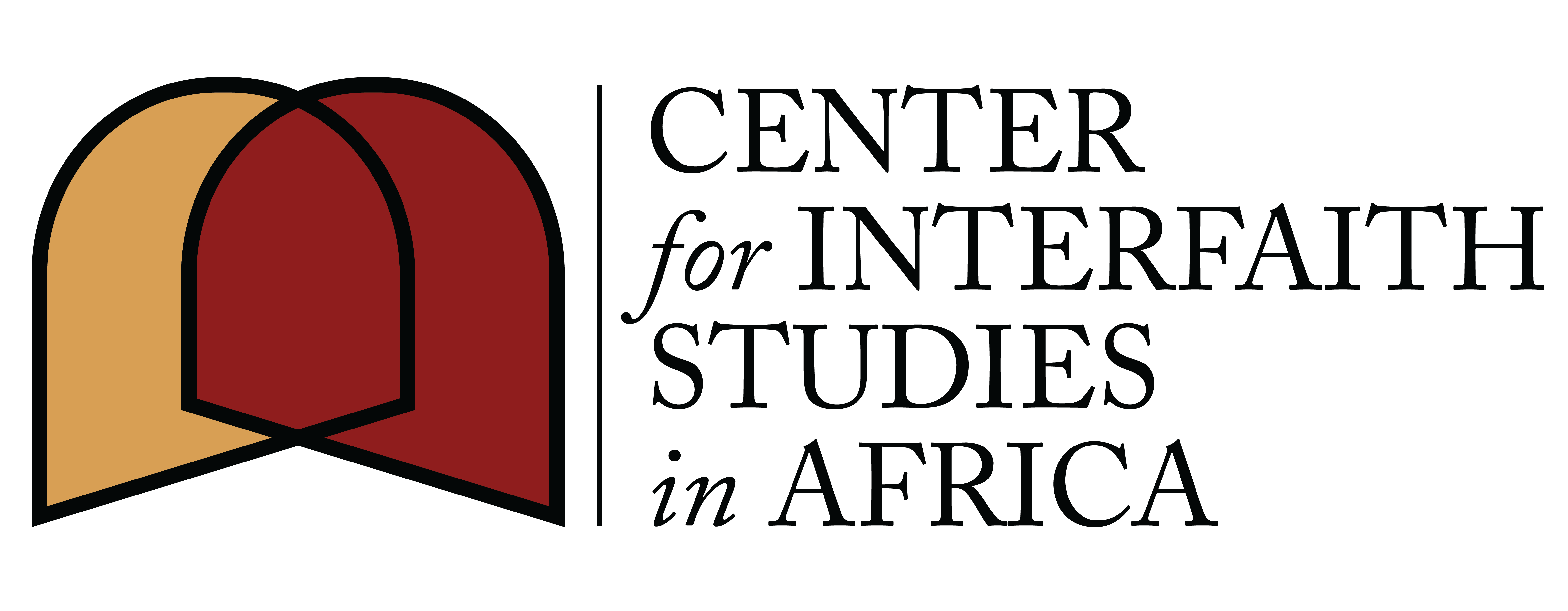
In the heart of Nairobi’s Kibera informal settlement—one of the largest urban slums in Africa—the Edmund Rice Centre Nairobi (ERCN) is quietly but powerfully transforming lives. Founded in 2020 as a ministry of the Christian Brothers, Africa Province, and registered as a community-based organization, ERCN is inspired by the charism of Blessed Edmund Rice, with a mission rooted in compassion, justice, and inclusion.
At the center of ERCN’s work is a deep commitment to restoring the dignity and quality of life for children with disabilities (CWDs) and their families. The Centre currently supports 80 children from Kibera and its surrounding areas—communities often marked by poverty, overcrowding, unemployment, and systemic neglect. These children, many of whom face significant barriers to accessing education, healthcare, and social services, are among the most vulnerable members of society.
But ERCN’s impact goes far beyond service delivery. Its work is shaped by a holistic and interfaith approach to social transformation—engaging families, communities, and local institutions in a shared vision of justice and care for the marginalized. In an area where religious and cultural diversity is a daily reality, ERCN exemplifies the spirit of interfaith solidarity by working inclusively with individuals and families across faith traditions—Christian, Muslim, and others—recognizing their shared humanity and dignity.
Holistic Programs for Inclusive Empowerment
ERCN runs a range of integrated programs that address both immediate needs and long-term empowerment:
- Advocacy and Community Outreach:
Through targeted awareness campaigns and grassroots mobilization, ERCN promotes social justice, environmental justice, and sustainable community development. These efforts help raise the visibility of children with disabilities and challenge harmful stigmas within the broader community, including religious communities that are often key stakeholders in local change. - Mary Rice Special Unit:
At the heart of ERCN is the Mary Rice Special Unit, which provides inclusive education, therapy services, and life skills training tailored to the needs of children with disabilities. Staffed by committed professionals, the unit creates a nurturing learning environment that emphasizes both care and competence, giving children the opportunity to grow, learn, and thrive. - Socio-Economic Empowerment:
Recognizing that disability affects the whole household, ERCN supports vocational training and livelihood initiatives for parents and siblings of children with disabilities. These programs promote economic self-reliance, reduce dependency, and foster resilience—critical goals for families navigating the challenges of urban poverty. - Health and Nutrition:
ERCN ensures access to essential health services and nutritional support for children and their families. In a context where malnutrition and preventable diseases are common, these interventions play a vital role in safeguarding the well-being and development of vulnerable children.
An Interfaith Ethos in Practice
What makes ERCN’s approach particularly significant for the work of CISA is its practical embodiment of interfaith principles. Although rooted in a Catholic tradition, the Centre operates with deep respect for religious diversity, welcoming families of all faiths and working in partnership with local faith leaders and institutions. This spirit of collaboration fosters mutual trust and reinforces the shared values of compassion, service, and the defense of human dignity—values that transcend religious boundaries.
Many of the caregivers and community members involved in ERCN’s programs come from different religious backgrounds, yet they work together with a common purpose. As one staff member noted, “We see the image of God in every child. Whether Christian or Muslim, we are united in our care for these children.” This sentiment reflects the kind of inclusive interfaith engagement that CISA seeks to promote throughout Africa.
A Shared Vision
As Africa faces complex challenges in disability inclusion, education, and interfaith coexistence, the work of ERCN offers a powerful model of faith-based social transformation that is open, dialogical, and grounded in justice. At CISA, we celebrate ERCN’s contribution to building a more inclusive society where faith inspires action, and where children of all backgrounds can be seen, heard, and empowered.
In a time when division and exclusion often dominate headlines, the Edmund Rice Centre Nairobi reminds us that true interfaith dialogue is not only spoken—it is lived, in acts of service, solidarity, and love.
[with the collaboration of Pamela Ncooro, advocacy office, ERCN]
